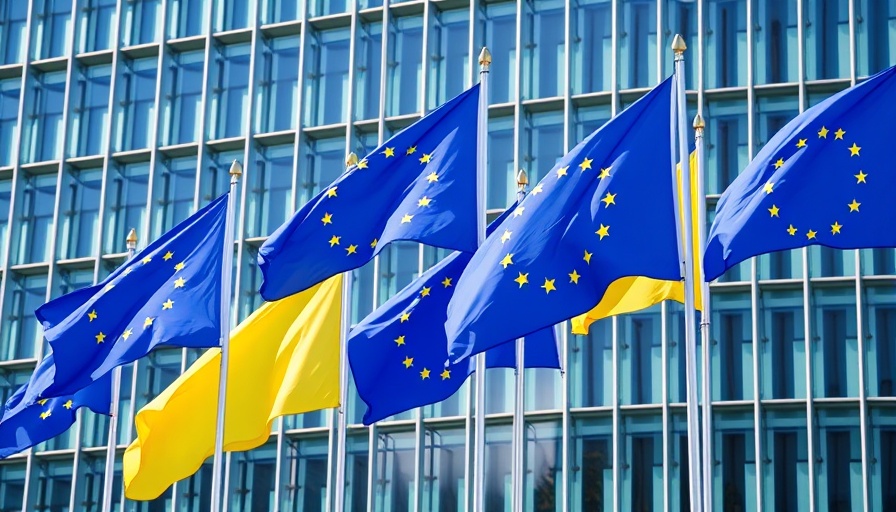
Understanding the Shift in Venture Capital Hiring Trends
The landscape of venture capital (VC) is evolving, and so are the requirements for aspiring professionals in the field. Historically, MBA graduates from elite institutions such as Harvard, Stanford, and Wharton were the preferred candidates for VC roles. For instance, 50 MBAs from Harvard secured roles in venture capital in 2024, with a salary averaging $177,500. However, recent studies show a significant change in hiring patterns, as firms increasingly seek diverse skill sets beyond conventional business education.
According to PitchBook and research conducted by Stanford professor Ilya Strebulaev, the proportion of mid-career VC professionals with MBAs has dropped from 44% in the early 2000s to just 32% today. This trend is indicative of a broader transformation within the industry, as VC firms diversify into technology sectors such as artificial intelligence (AI) and hardware. Here, technical expertise trumps mere business acumen, prompting firms to target candidates from leading tech companies like OpenAI and SpaceX, rather than solely recruiting from previous MBA cohorts.
Alternative Backgrounds Gaining Importance
This shift presents an interesting dilemma for MBA candidates who remain invested in the VC narrative. The Stanford VC club continues to thrive, boasting 600 members amid a backdrop of decreasing appetite for traditional MBA profiles. With the high cost of attending top-tier MBA programs exceeding $200,000, prospective students might be questioning the long-term value of their degrees against the backdrop of changing industry needs.
Future Implications for Healthcare IT Professionals
For healthcare IT professionals, this trend signifies that the integration of technology and healthcare expertise will become invaluable. As the fusion of healthcare services and advanced technology accelerates, professionals who can navigate both worlds will be at an advantage. Understanding emerging technologies such as telemedicine, electronic health records, and data analytics will be crucial for those looking to transition into roles that align with the future of VC.
Ultimately, while MBAs will still hold value, adaptability and specialized technical experience are shaping the future of hiring in venture capital. Healthcare professionals and administrators should take notice as they prepare for their next career moves.
 Add Row
Add Row  Add
Add 




Write A Comment